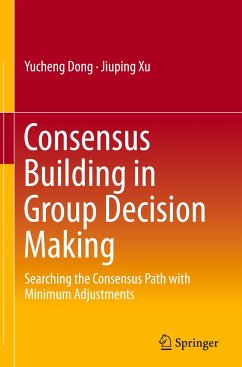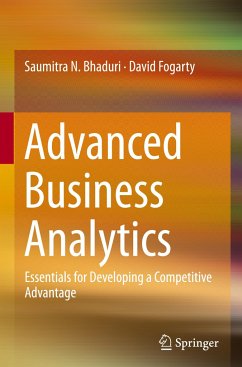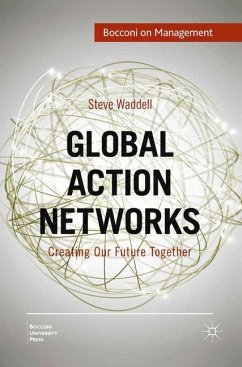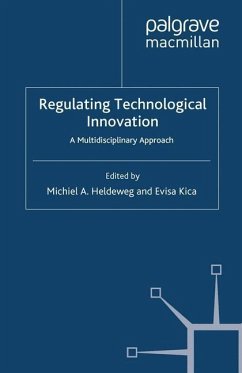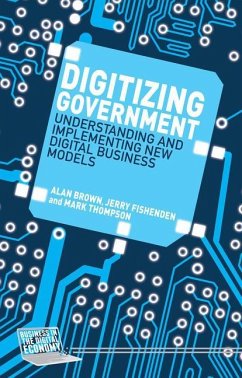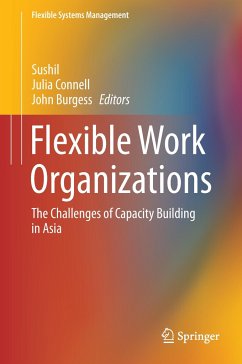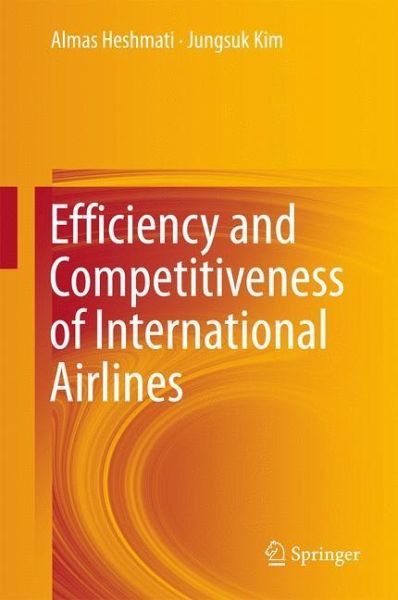
Efficiency and Competitiveness of International Airlines
Versandkostenfrei!
Versandfertig in 6-10 Tagen
38,99 €
inkl. MwSt.
Weitere Ausgaben:

PAYBACK Punkte
19 °P sammeln!
This book focuses on the factors that support the strengths of international airlines in general and the Asian airline carriers in particular. Defining the quality of human capital as the level of education and the competence of airline employees, it analyzes the efficiency of 39 airlines in various regions, both in terms of production and cost structures. It argues that, despite Asia's well-developed and globally competitive manufacturing sector, aided by open market practices, its overall service sector still lags far behind more advanced economies. As this does not stop Asia-based carriers ...
This book focuses on the factors that support the strengths of international airlines in general and the Asian airline carriers in particular. Defining the quality of human capital as the level of education and the competence of airline employees, it analyzes the efficiency of 39 airlines in various regions, both in terms of production and cost structures. It argues that, despite Asia's well-developed and globally competitive manufacturing sector, aided by open market practices, its overall service sector still lags far behind more advanced economies. As this does not stop Asia-based carriers from generally being more efficient than their counterparts in Europe and North America, the book investigates how competitiveness analysis of the airline industry can help Asian policymakers better prepare for the liberalization of the service sector, given how crucial this aspect is for the future growth of the Asia-Pacific region. Efficiency and Competitiveness of International Airlines offers a valuable resource for policymakers, airline employees, and researchers and students of microeconomics.



